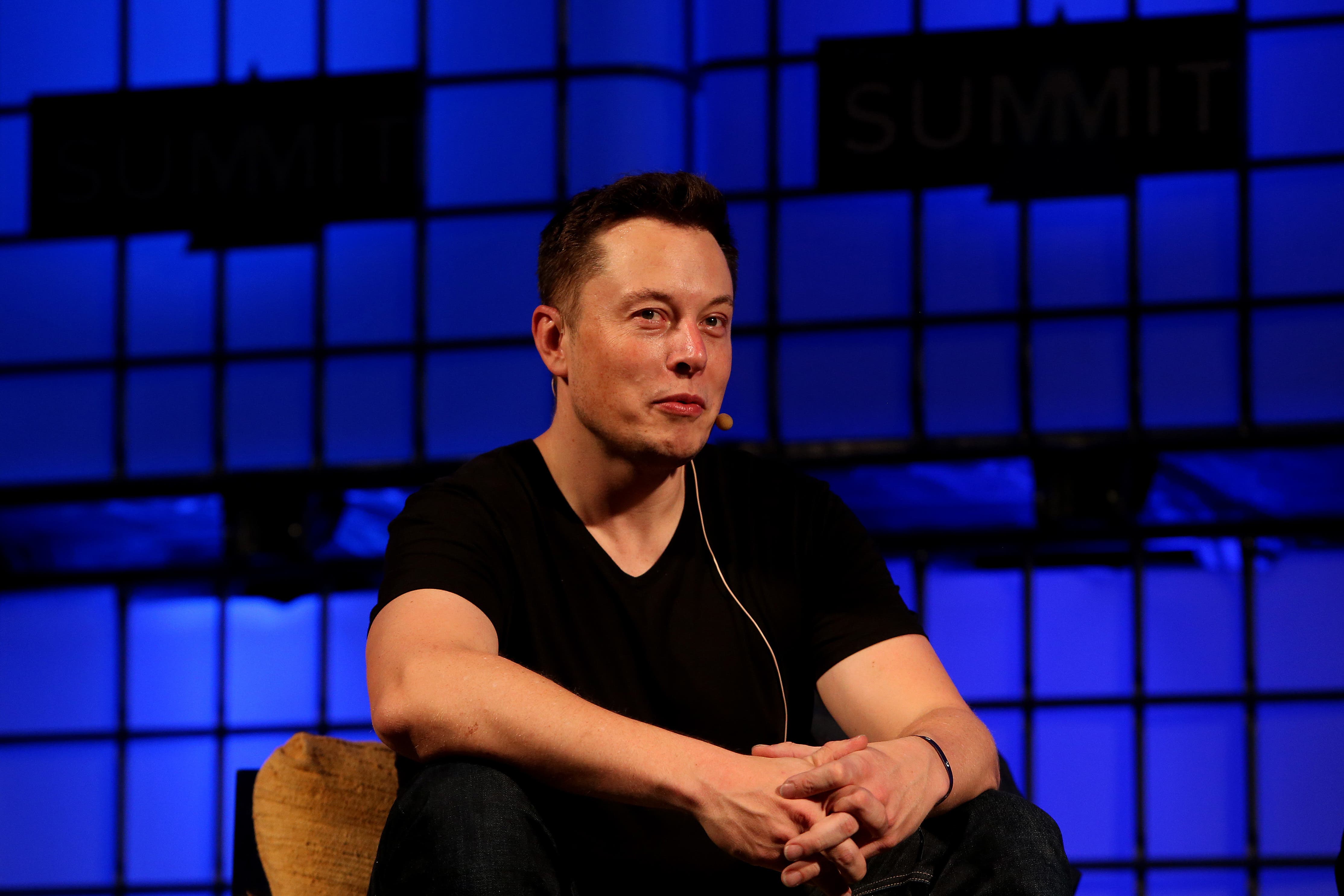Elon Musk’s Starlink internet-beaming satellites to be used in government trial
Trials will test the technology at several remote locations to help boost connectivity.

Your support helps us to tell the story
From reproductive rights to climate change to Big Tech, The Independent is on the ground when the story is developing. Whether it's investigating the financials of Elon Musk's pro-Trump PAC or producing our latest documentary, 'The A Word', which shines a light on the American women fighting for reproductive rights, we know how important it is to parse out the facts from the messaging.
At such a critical moment in US history, we need reporters on the ground. Your donation allows us to keep sending journalists to speak to both sides of the story.
The Independent is trusted by Americans across the entire political spectrum. And unlike many other quality news outlets, we choose not to lock Americans out of our reporting and analysis with paywalls. We believe quality journalism should be available to everyone, paid for by those who can afford it.
Your support makes all the difference.Elon Musk’s Starlink, which uses satellites to beam a broadband signal down to Earth, is to be used as part of a government trial to get better internet connectivity to remote parts of the UK.
The Department for Digital, Culture, Media and Sport (DCMS) said the technology would initially be trialed at three remote locations – Rievaulx Abbey in North Yorkshire Moors National Park, Wasdale Head in the Lake District and two sites within Snowdonia National Park.
The test sites will use equipment supplied by Starlink, a part of Mr Musk’s SpaceX firm, which uses a network of low Earth orbit satellites to provide internet signal in places where there is limited ground infrastructure or it would be expensive and difficult to put it in place.
DCMS said recent tests have shown that in many locations, Starlink satellites can deliver internet speeds of up to 200 megabits per second – four times faster than the current UK average broadband speed of just over 50Mbps.
The Government said it was continuing to look at the capability of the system, as well as looking at other solutions and services with different suppliers.
Mr Musk has become a polarising figure in recent months following a turbulent takeover of Twitter that has divided opinion because of his push for less content moderation and more free speech on the social media platform.
Of the satellite scheme, Culture Secretary Michelle Donelan said: “High-speed broadband beamed to earth from space could be the answer to the connectivity issues suffered by people in premises stuck in the digital slow lane.
“Ensuring everyone can get a quality internet connection is crucial to our levelling up plans and these trials aim to find a solution to the prohibitively high cost of rolling out cables to far-flung locations.”
In addition to the satellite trial, the Government announced a more than £100 million contract to build gigabit-capable broadband connections for up to 60,000 rural homes and businesses in Cumbria.
Northern Ireland-based provider Fibrus will carry out the work, which is the biggest contract so far under the Government’s £5 billion Project Gigabit scheme to roll out faster internet to all parts of the UK.
It was also confirmed that the value of vouchers available under the Government’s Gigabit Broadband Voucher Scheme will be tripled next year, so eligible homes and businesses in rural areas will be able to apply for up to £4,500 to cover the costs of installing a gigabit-capable connection.
The scheme is open to homes and businesses in rural areas where existing broadband speeds are less than 100Mbps, a commercial network is unlikely to be built in the area in the near future or if there is no government-funded contract planned or in place to improve connectivity already.